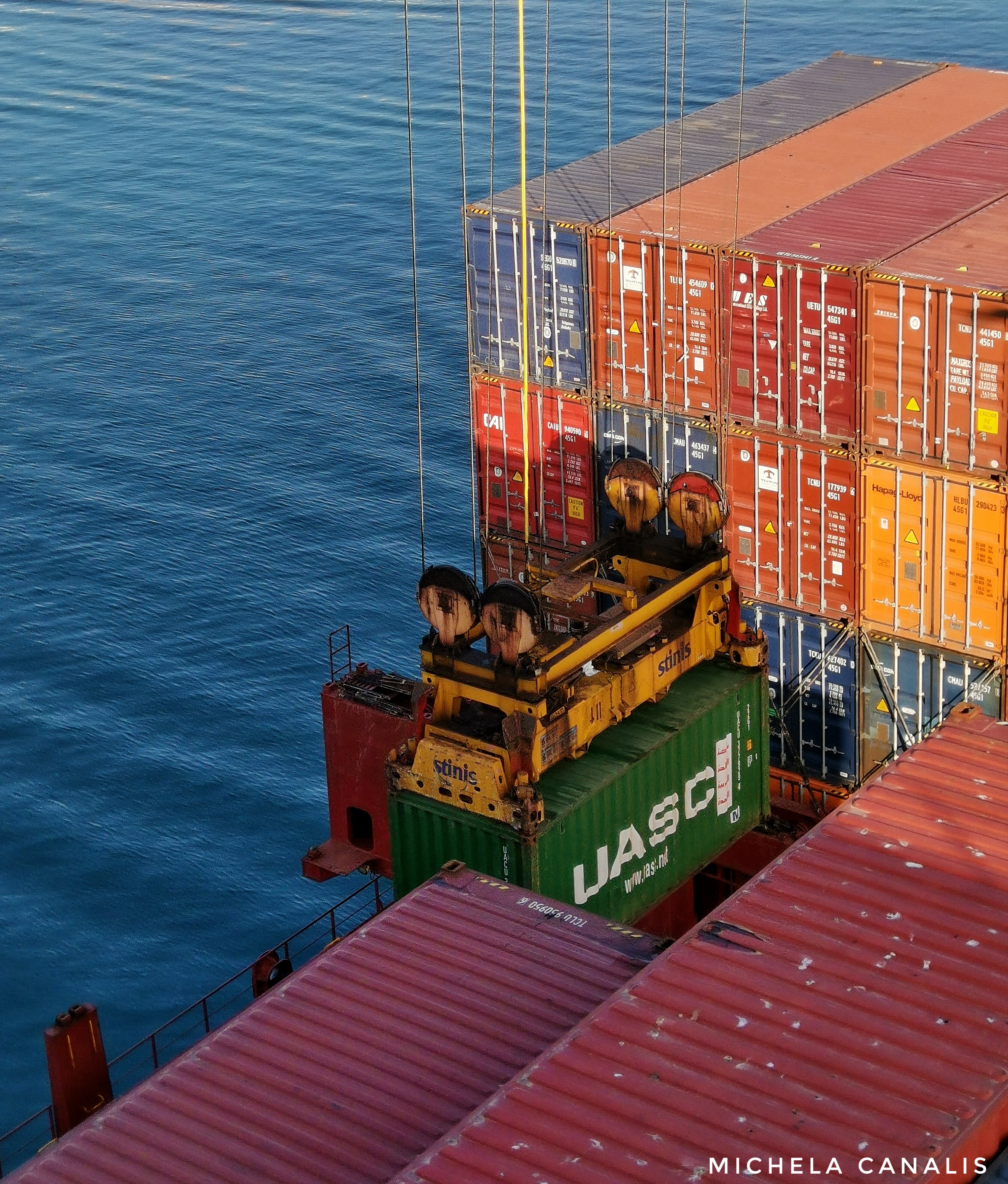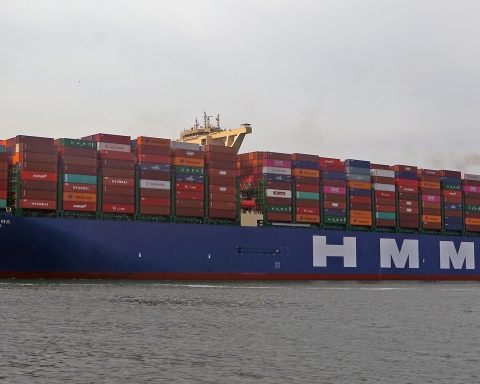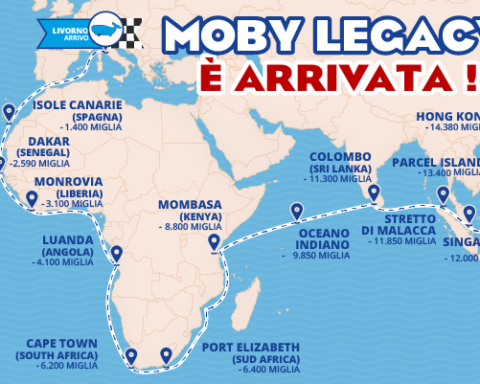What happened to the Tuscan Simplified Logistics Zone (SLZ)? Launched by Tuscany Regional Administration back in 2019, the procedure for setting it up was formalized on 26th April 2022 with a Regional Council resolution giving it the go-ahead. The proposal for a SLZ was sent to the Italian government. However, the issue has remained unsolved to date because the decree of the President of the Council of Ministers putting its establishment into effect is still missing.
The North Tyrrhenian Port Network Authority has decided to organize a conference on the subject in Livorno on 23rd February to try to speed up the procedure, inviting regional and national politicians, trade association representatives, and the Deputy Minister for Infrastructure, Edoardo Rixi, to sit around the same table.
“SLZs and Special Economic Zones (SEZs), introduced in 2018, give regional governments the power to set up production areas for port infrastructure, with tax credits to encourage company investments” explains managing director Matteo Paroli, pointing out that the area Tuscany Regional Administration individuated includes the ports of Livorno, Piombino, Marina di Carrara and Portoferraio, the two intermodal areas with the Guasticce and Prato freight villages, and Pisa airport.
“SLZs are not an Italian idea,” he adds. “Other countries like Ireland and Poland made extensive use of them in the 1990s with the aim of supporting the development and growth of the economy. Outside the EU, one of the top case studies is Shenzhen, a Special Economic Zone that, over time, has attracted strongly export-oriented manufacturing companies.”
On the strength of the positive feedback they have had both in and outside Europe, Italian legislators have decided to make them possible in our country as well: ‘The law establishing SLZs and SEZs dates back to 2017; it is therefore quite recent, but the procedure for setting them up has been very complex right from the start,” Paroli points out.” Simplification in Italy often remains a mirage: the slowness of civil justice and excessive bureaucracy deter foreign investors. As I pointed out this summer at the Caffe della Versiliana, the very fact that Simplified Logistics Zones have to be set up to allow entrepreneurs to do their jobs means that operating in logistics is more complicated in Italy than in other countries.”
According to Mr. Paroli, “the many complexities that our national regulatory system has created over the years make any attempt at simplification difficult. However, legislators are aware of the need to facilitate setting up Simplified Logistics Zones quickly.”
The conference organized in Livorno takes its cue from this need: ‘The priority is to make people understand what the impact of a Simplified Logistics Zone on the national and, above all, regional economic fabric could be. We have invited extremely qualified people like university lecturer Francesco Munari, who has been entrusted with the task of illustrating the topic. Members of Parliament from the Transport Commission (Valentina Ghio, from the PD group), the Productive Activities and Budget Commission (Andrea Barabotti, from the Lega per Salvini group), and the Labour Commission (Chiara Tenerini, from the Forza Italia group) will also be present. Tuscany Region’s Councilor for the Economy and Productive Activities, Leonardo Marras, and regional councilors Francesco Torselli (Fratelli d’Italia) and Francesco Gazzetti (PD) will also be attending.
The initiative will also be attended by trade association representatives, such as the president of Confindustria Livorno-Massa Carrara, Piero Neri, the director of Assiterminal, Alessandro Ferrari, the secretary general of Fise Uniport, Paolo Ferrandino, the vice-president of Confetra Toscana with delegation to the ports, Gloria Dari, the president of the Maremma & Tyrrhenian Chamber of Commerce, Riccardo Breda, and the general director of Ancip, Gaudenzio Parenti. Concluding remarks will be entrusted to the President of Tuscany Regional Administrations, Eugenio Giani, and Deputy Minister Edoardo Rixi.
“The fact that the Deputy Minister for infrastructure will be attending reflects the attention and sensitivity that the government has on the issue,” Paroli points out, adding: ‘The hope is that tangible answers will emerge from the conference that can help us to have the ZLS in Tuscany as soon as possible.”
Translation by Giles Foster




